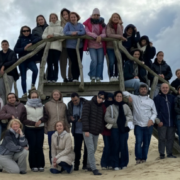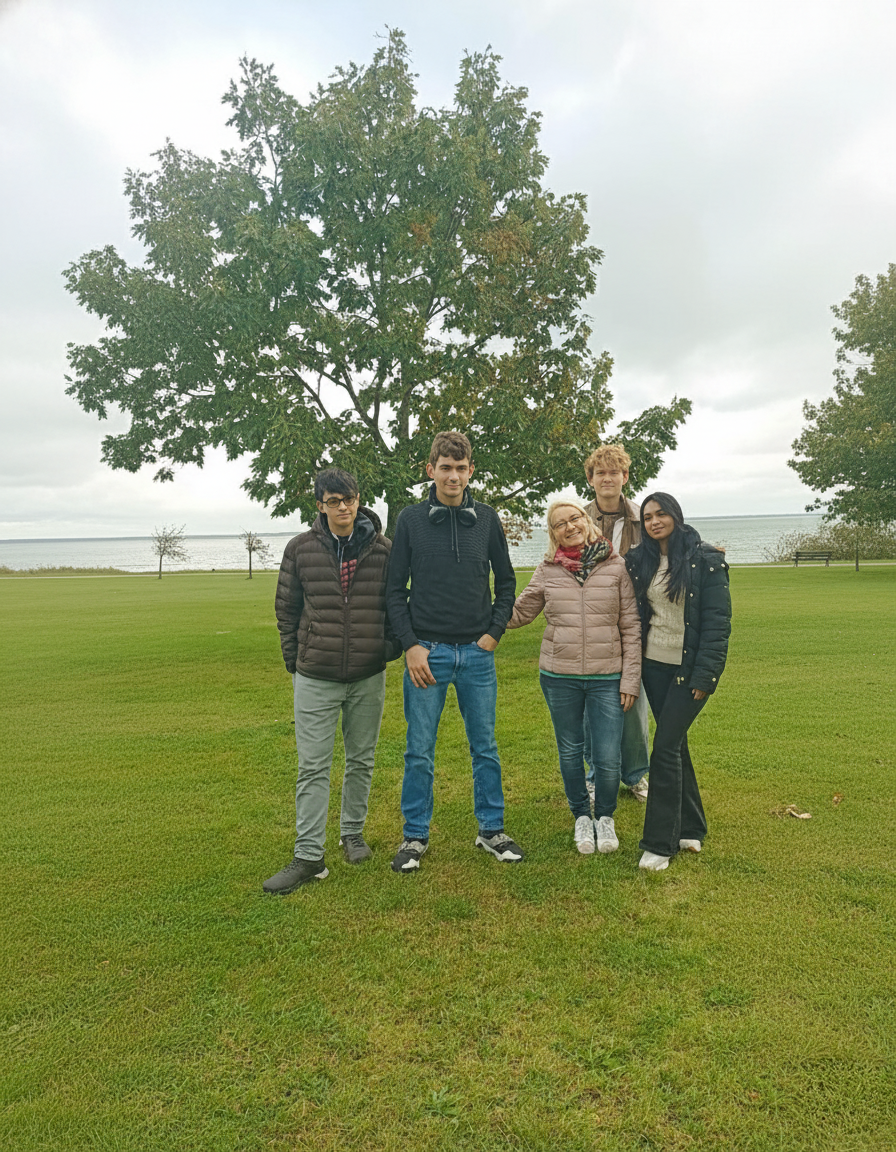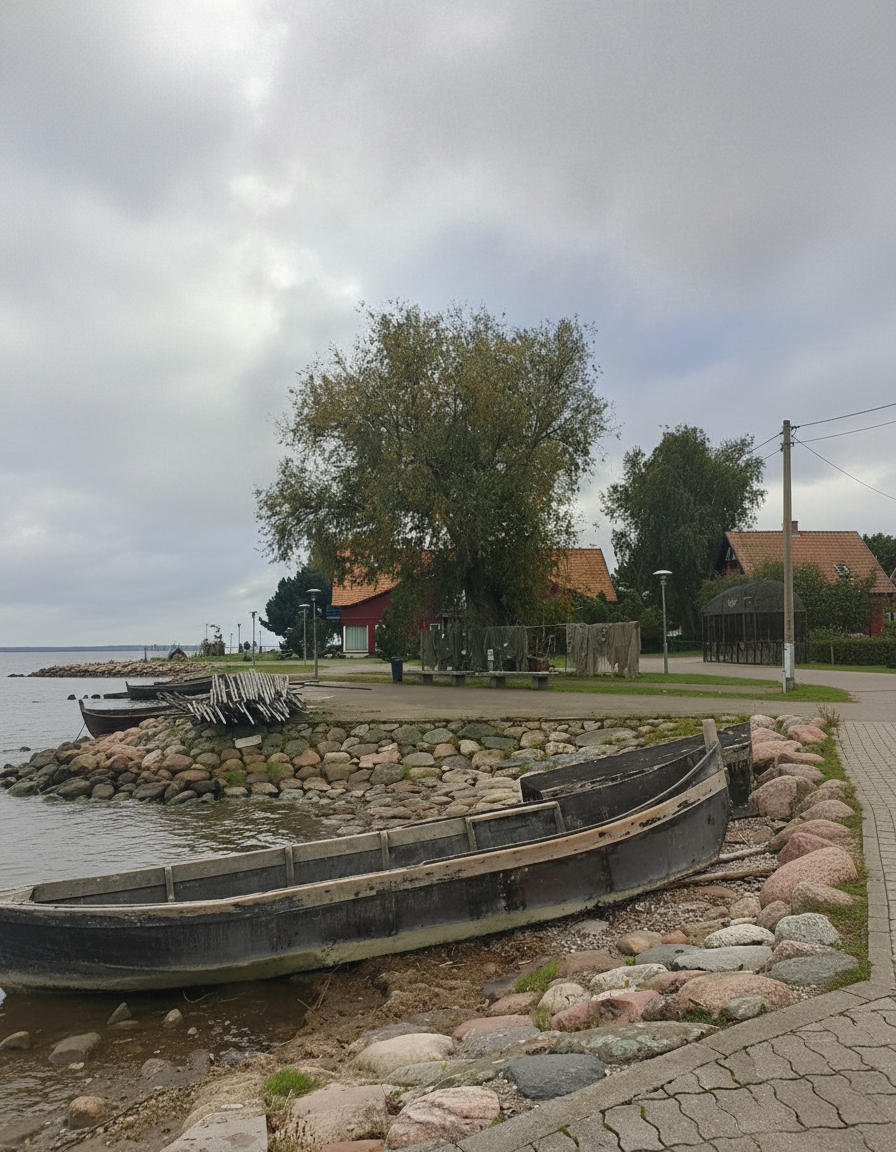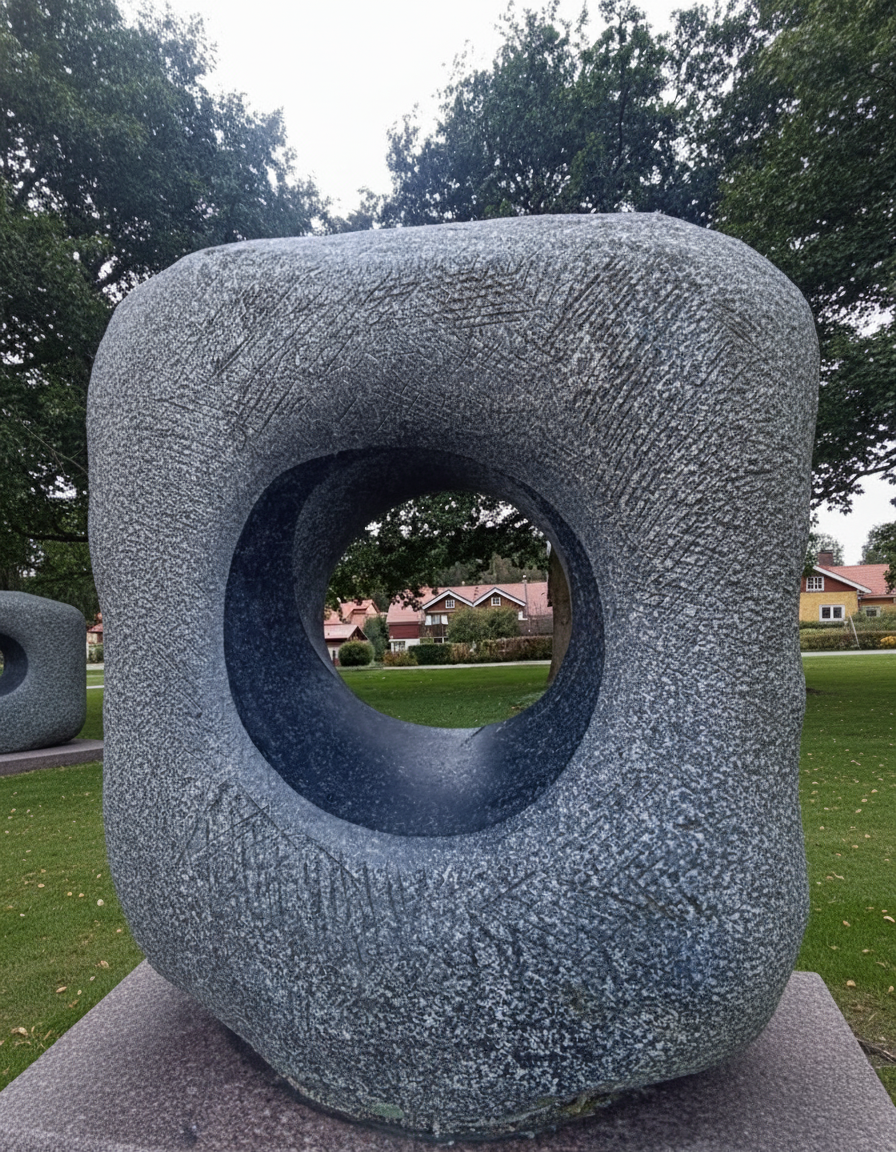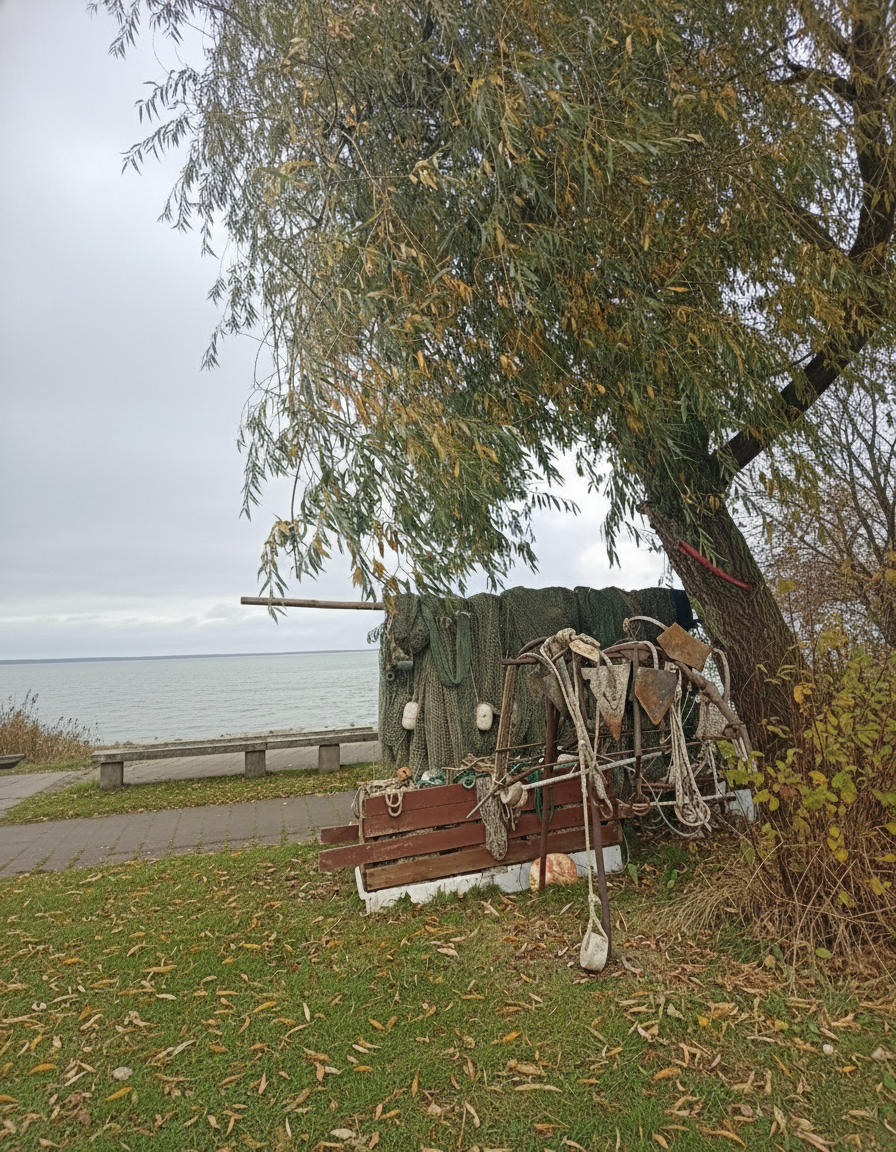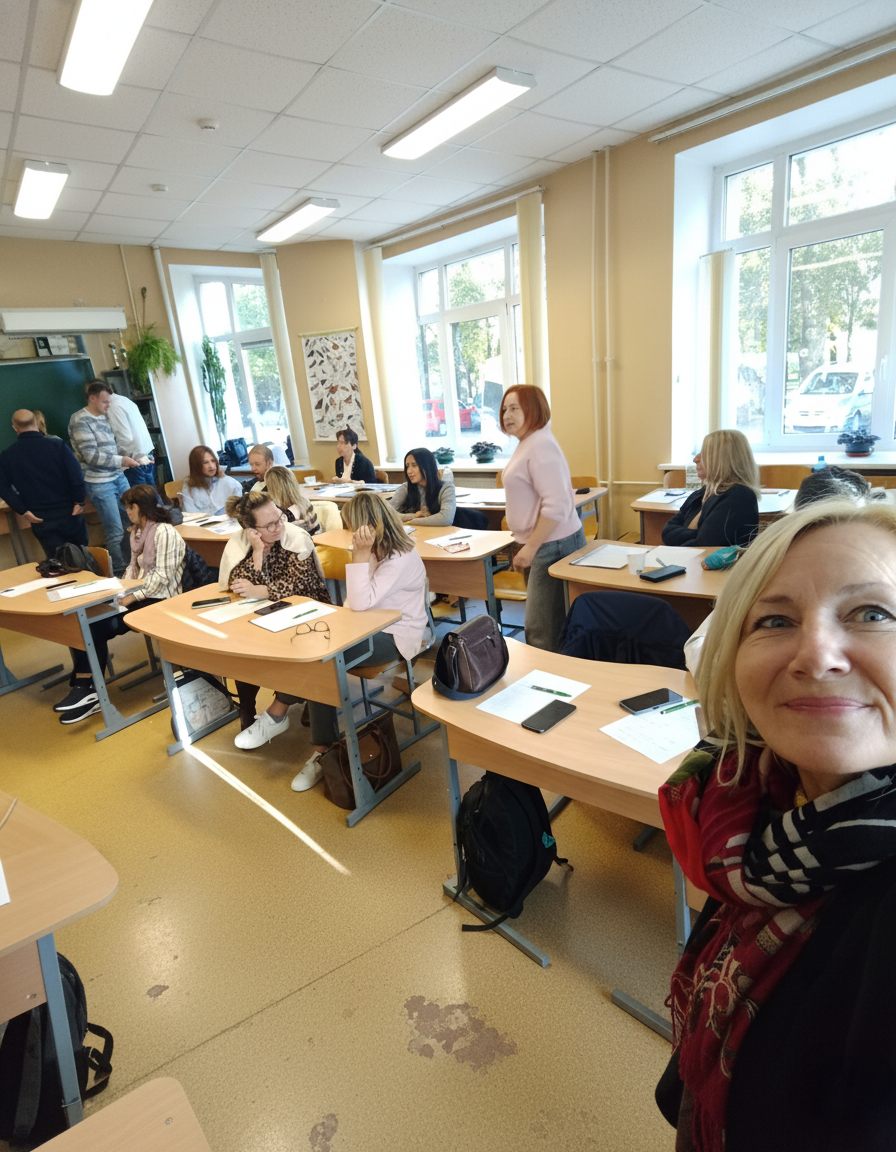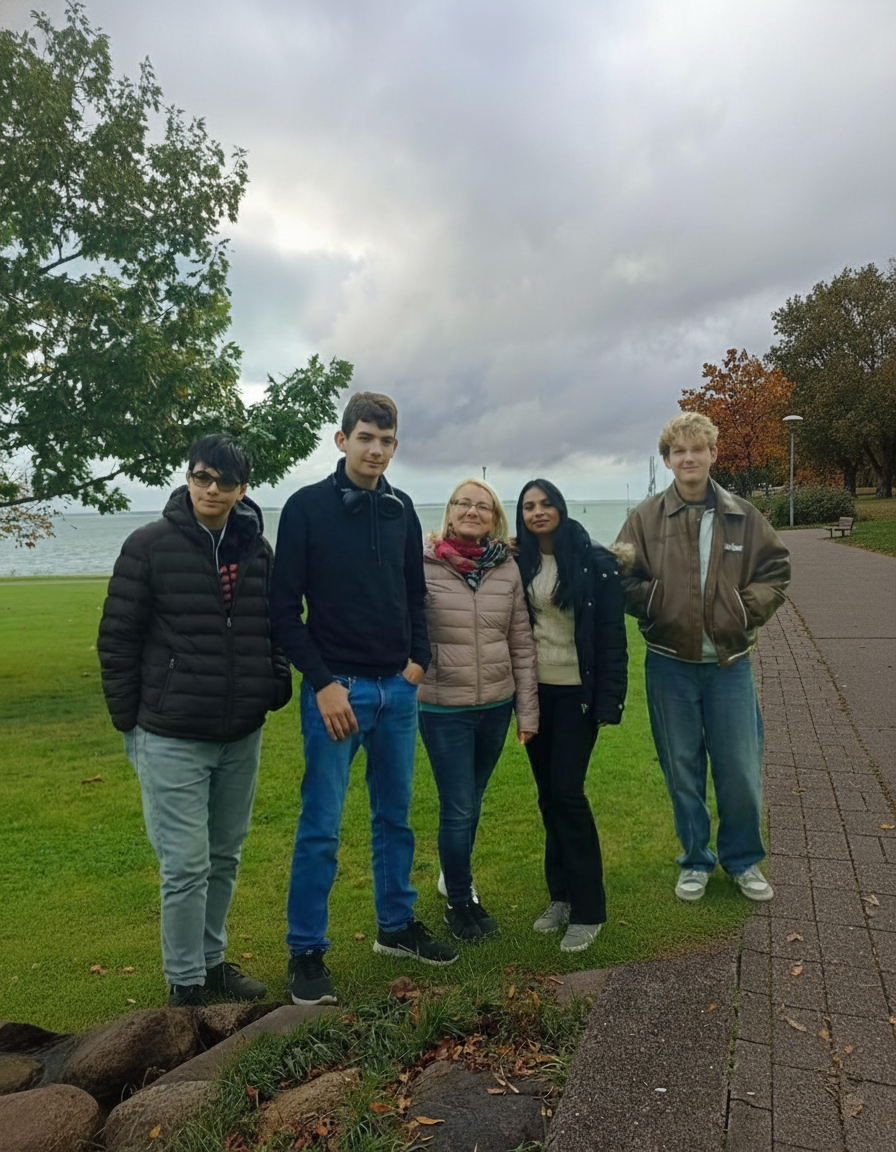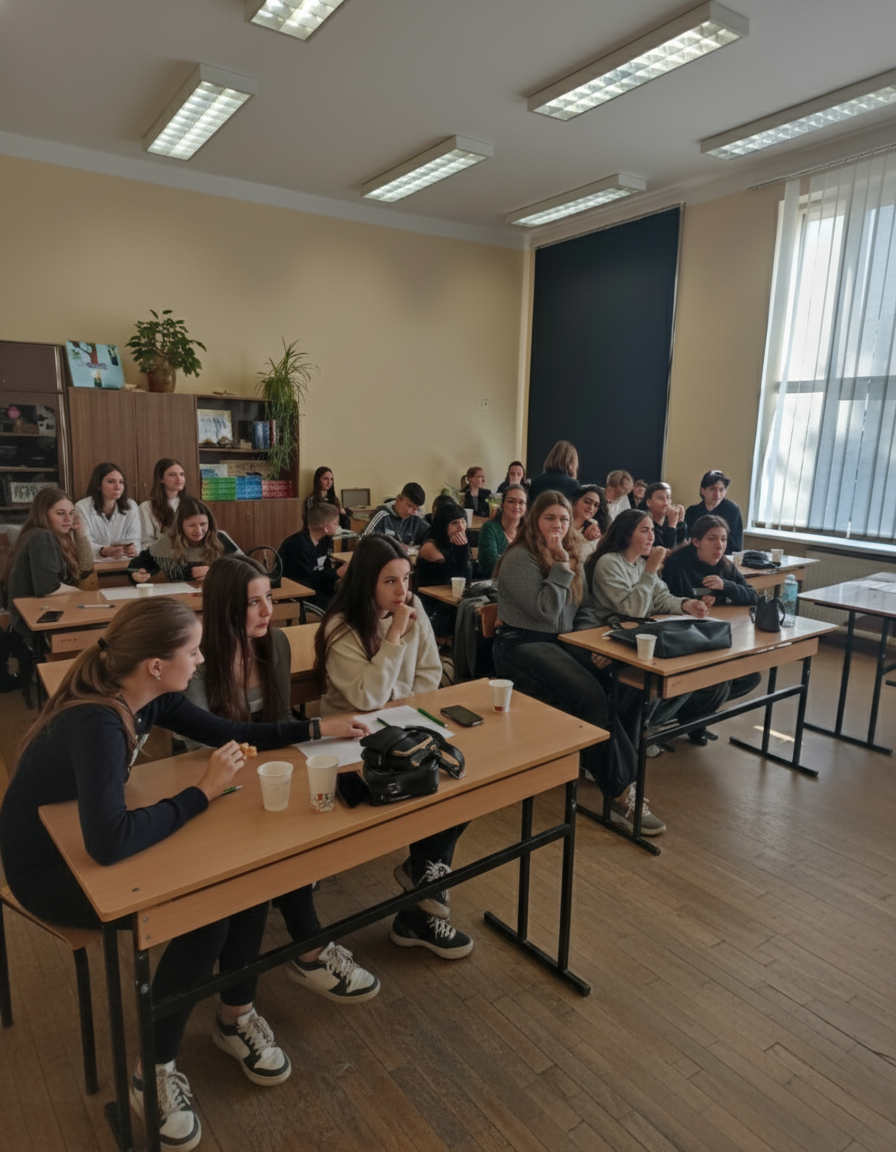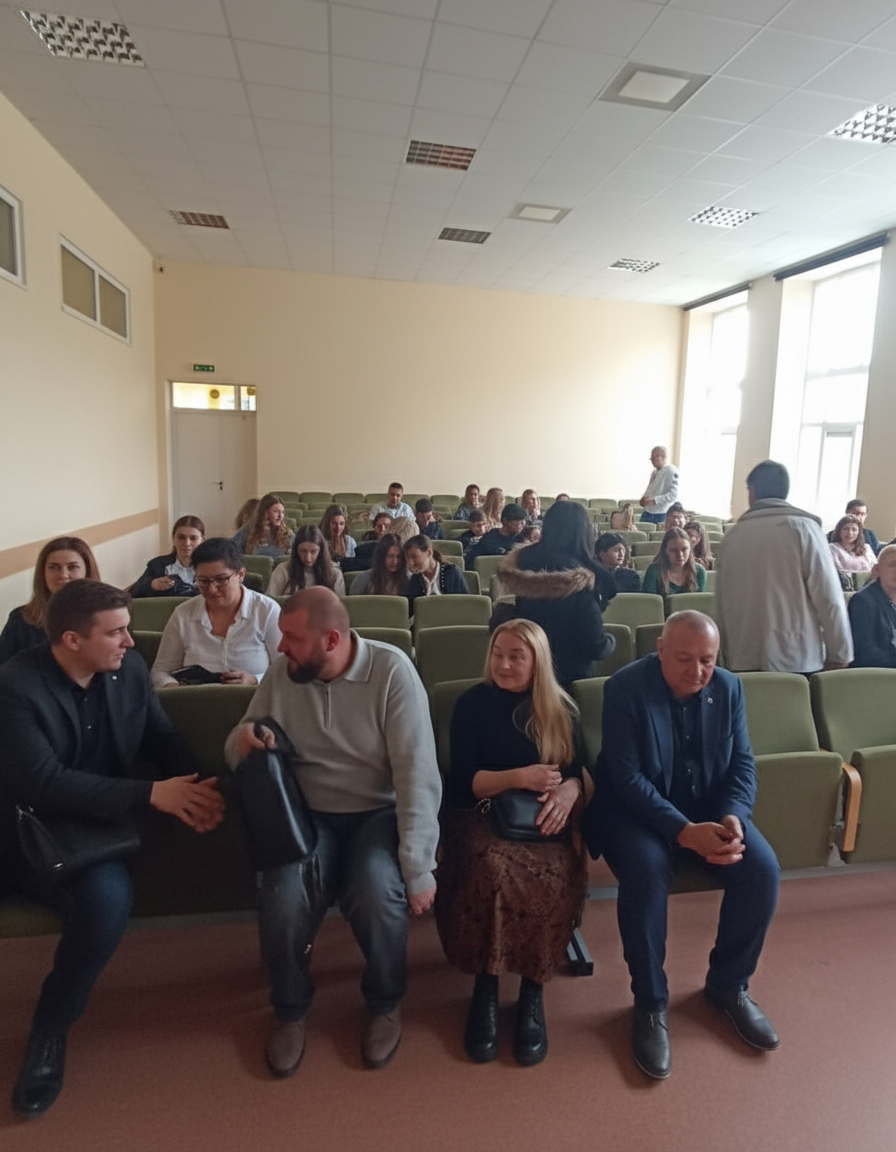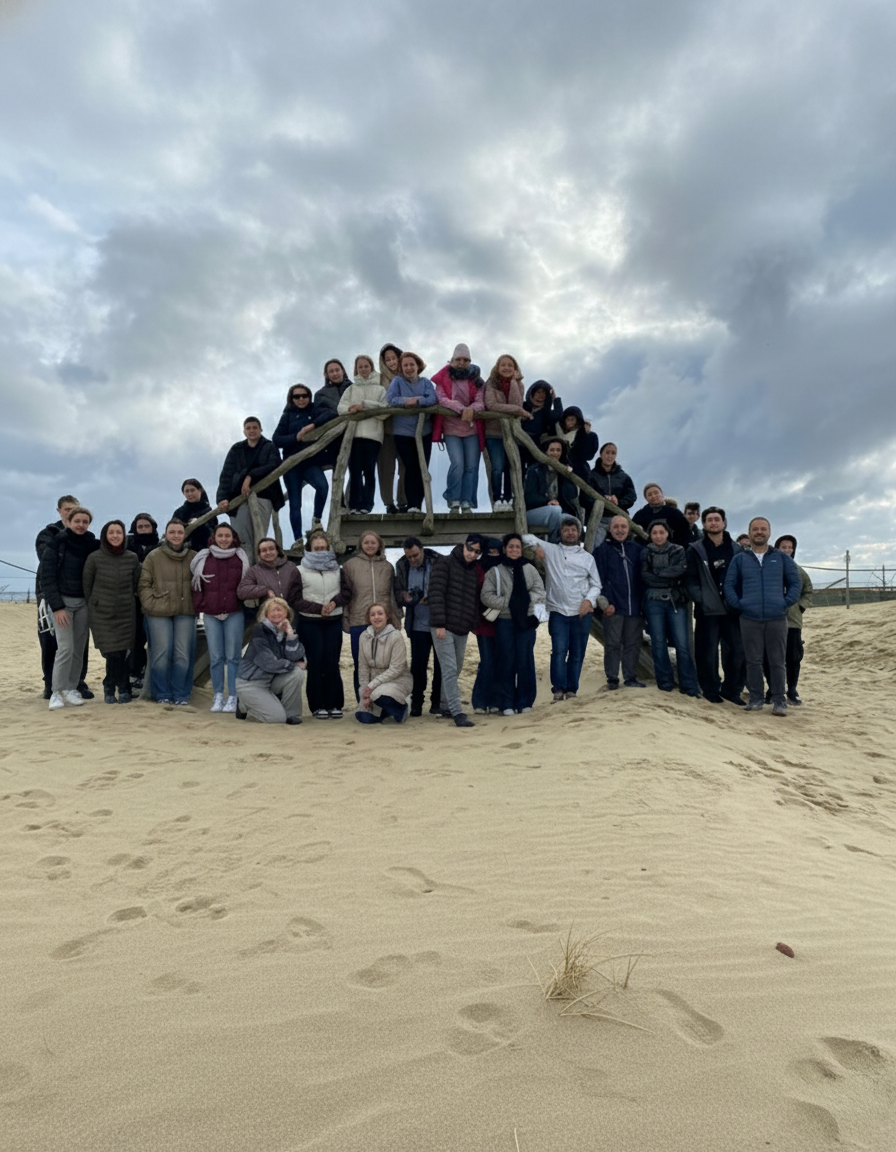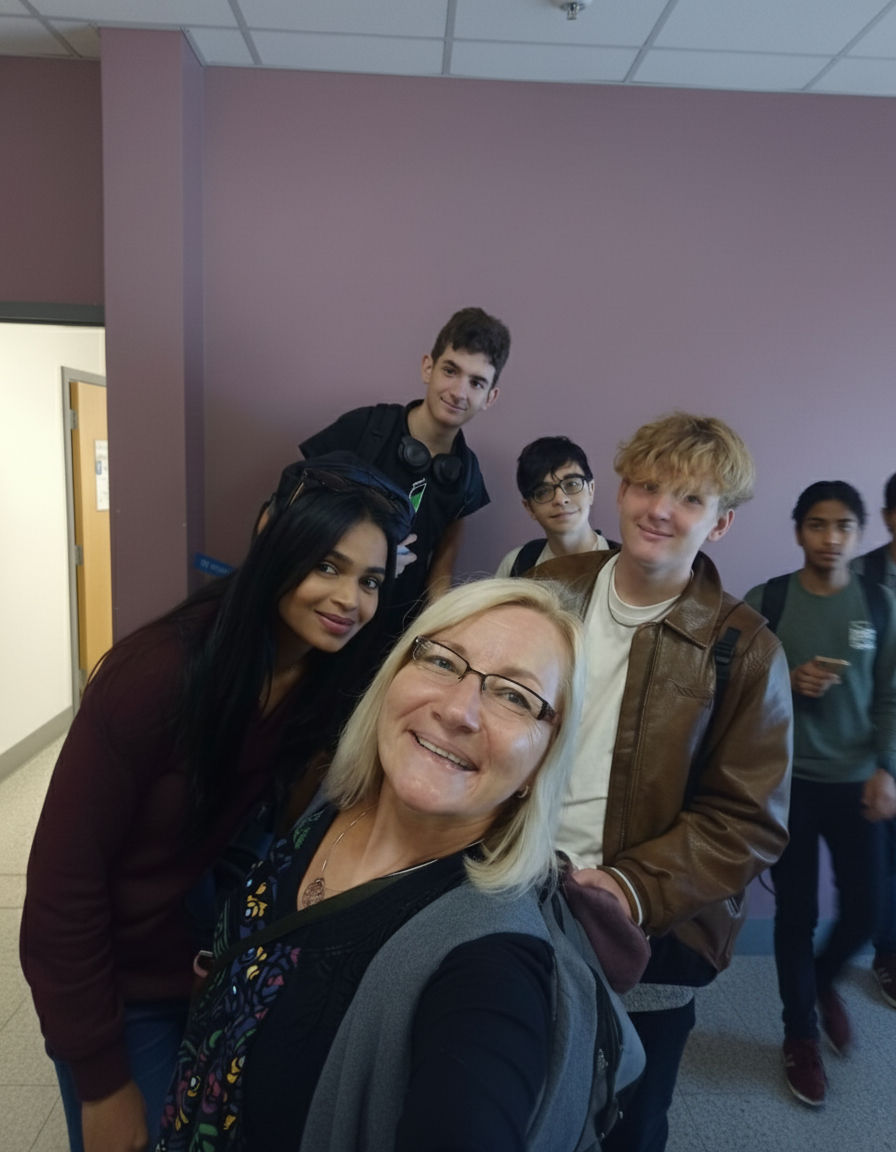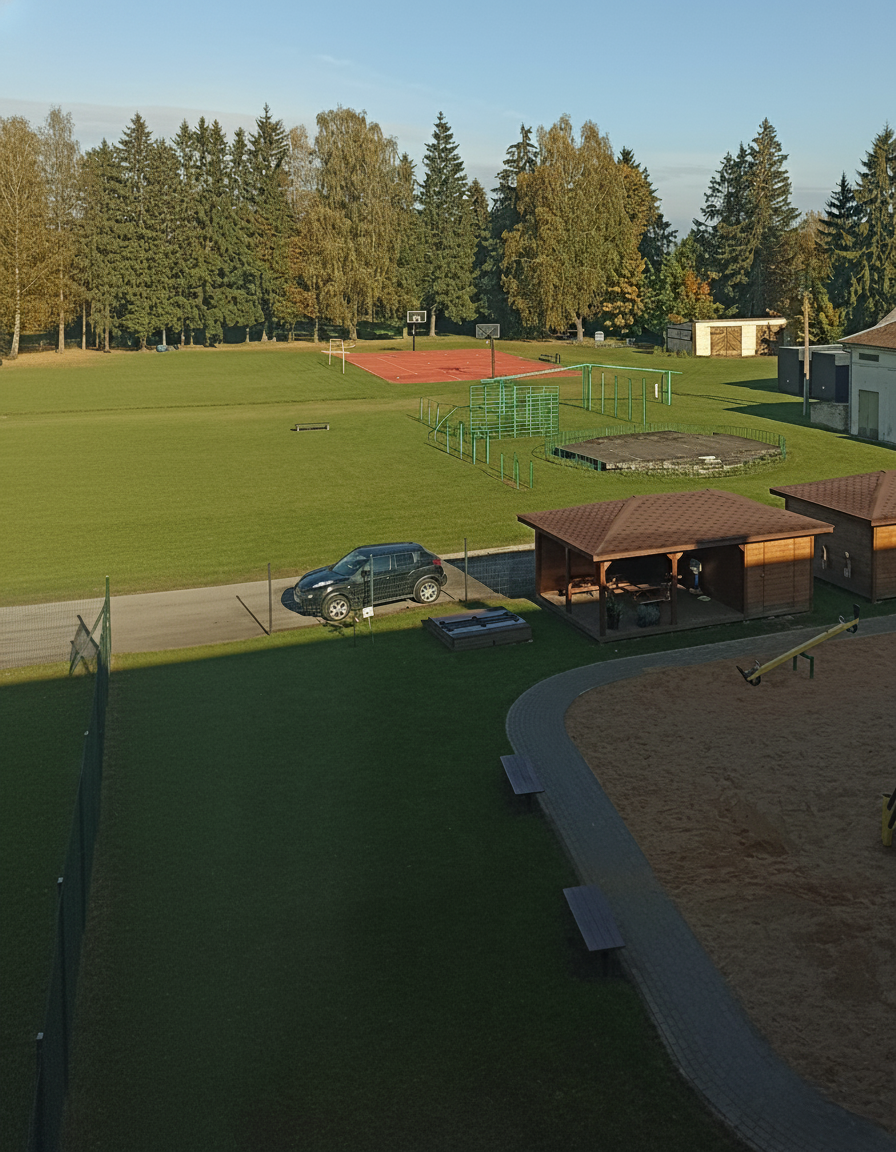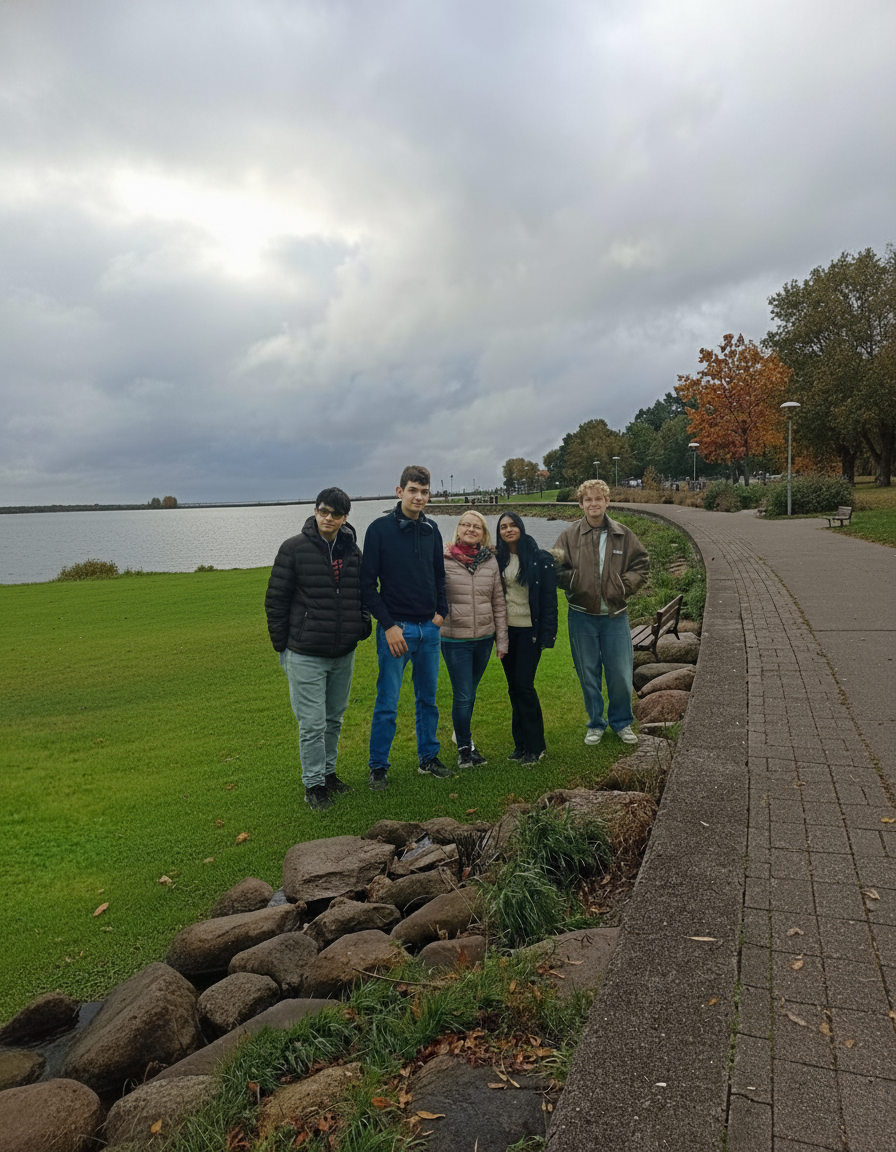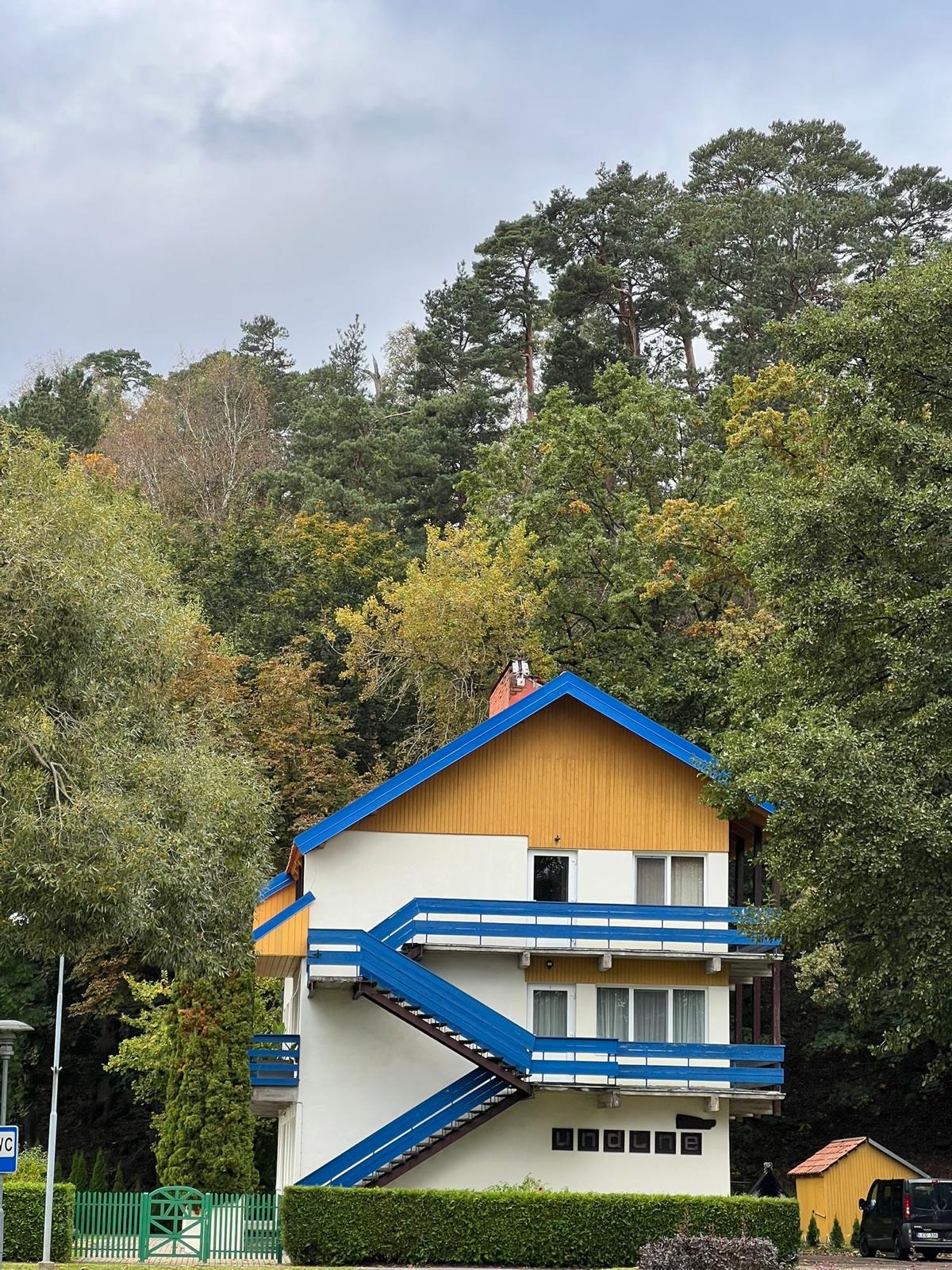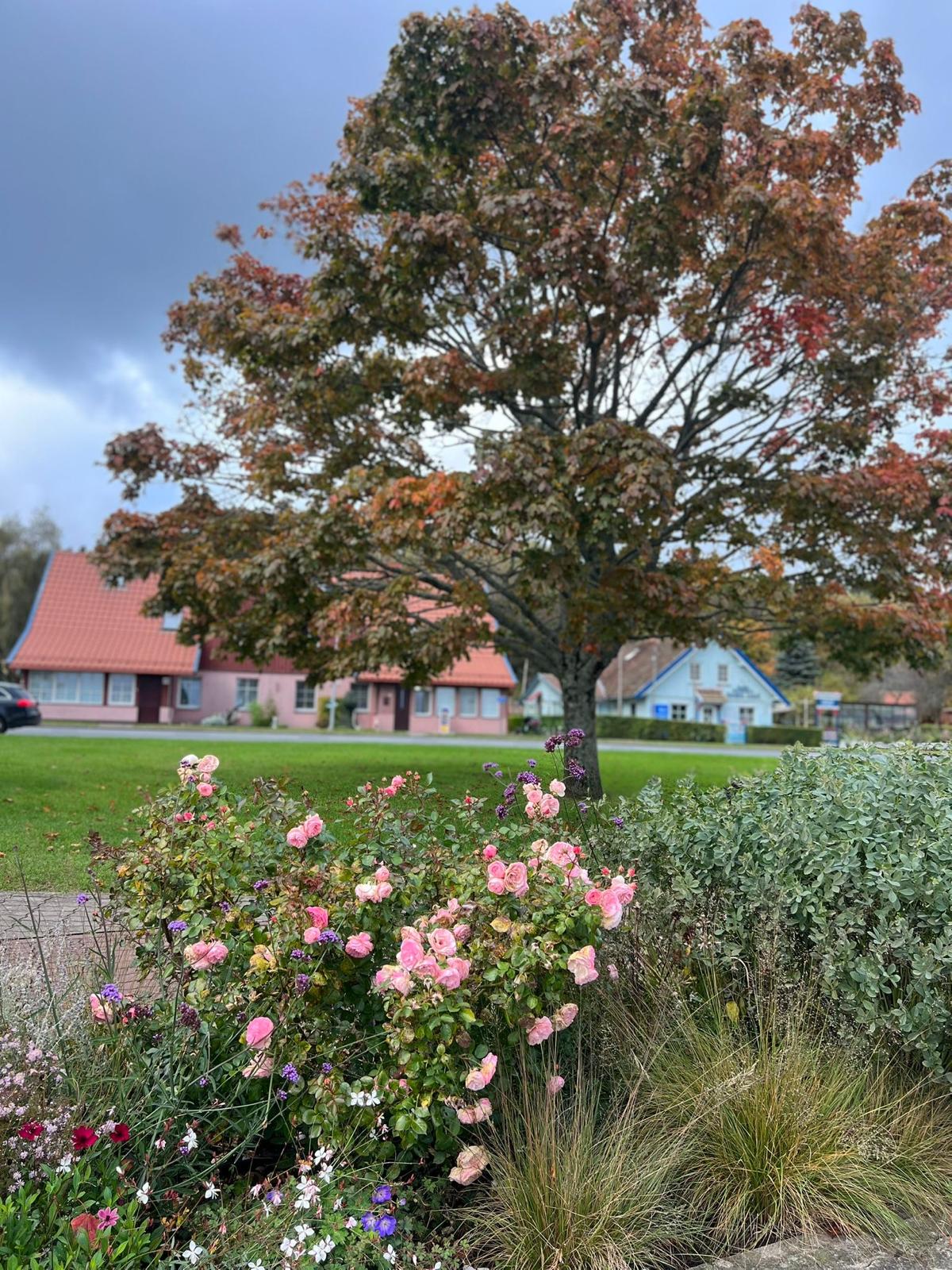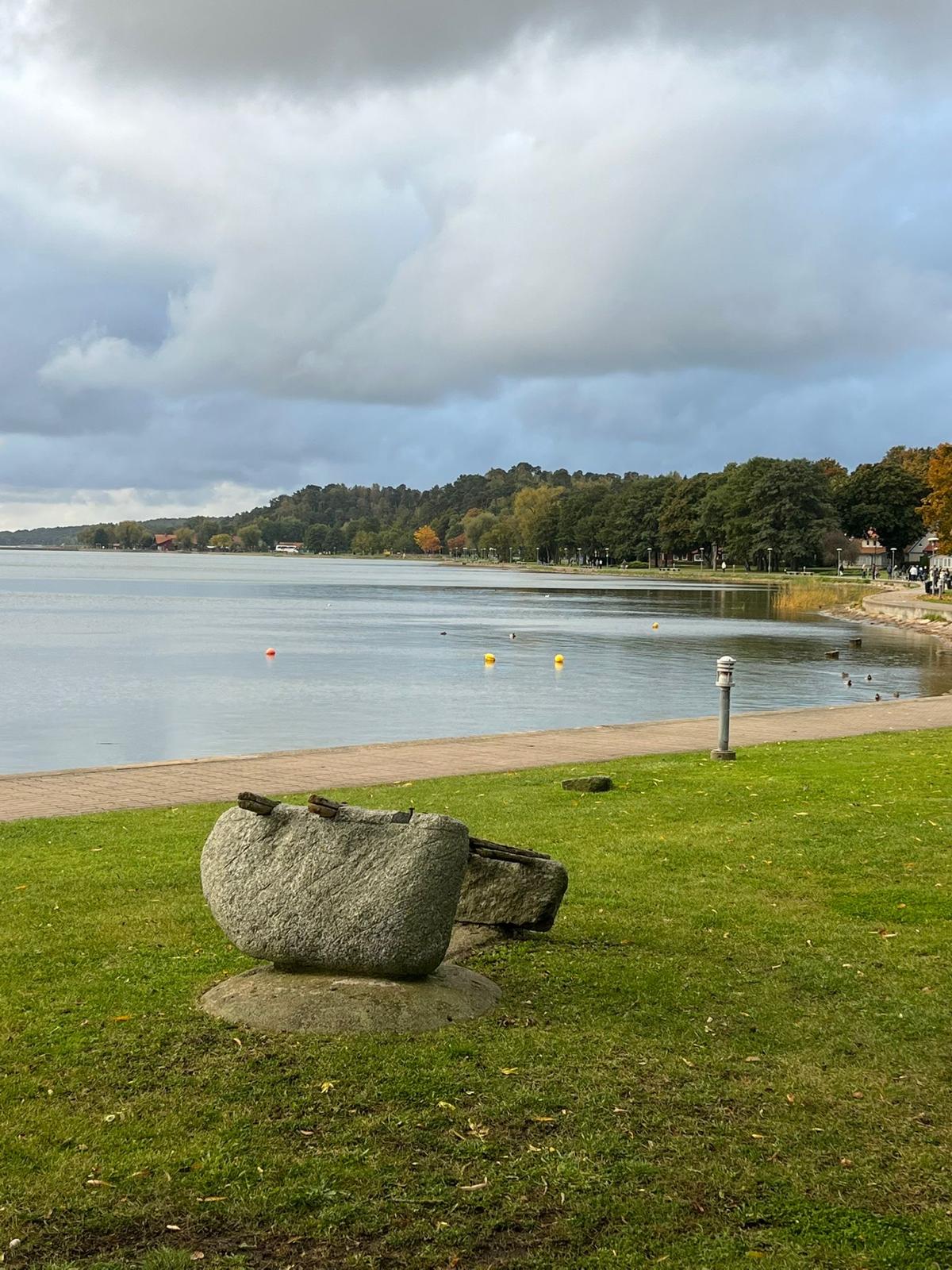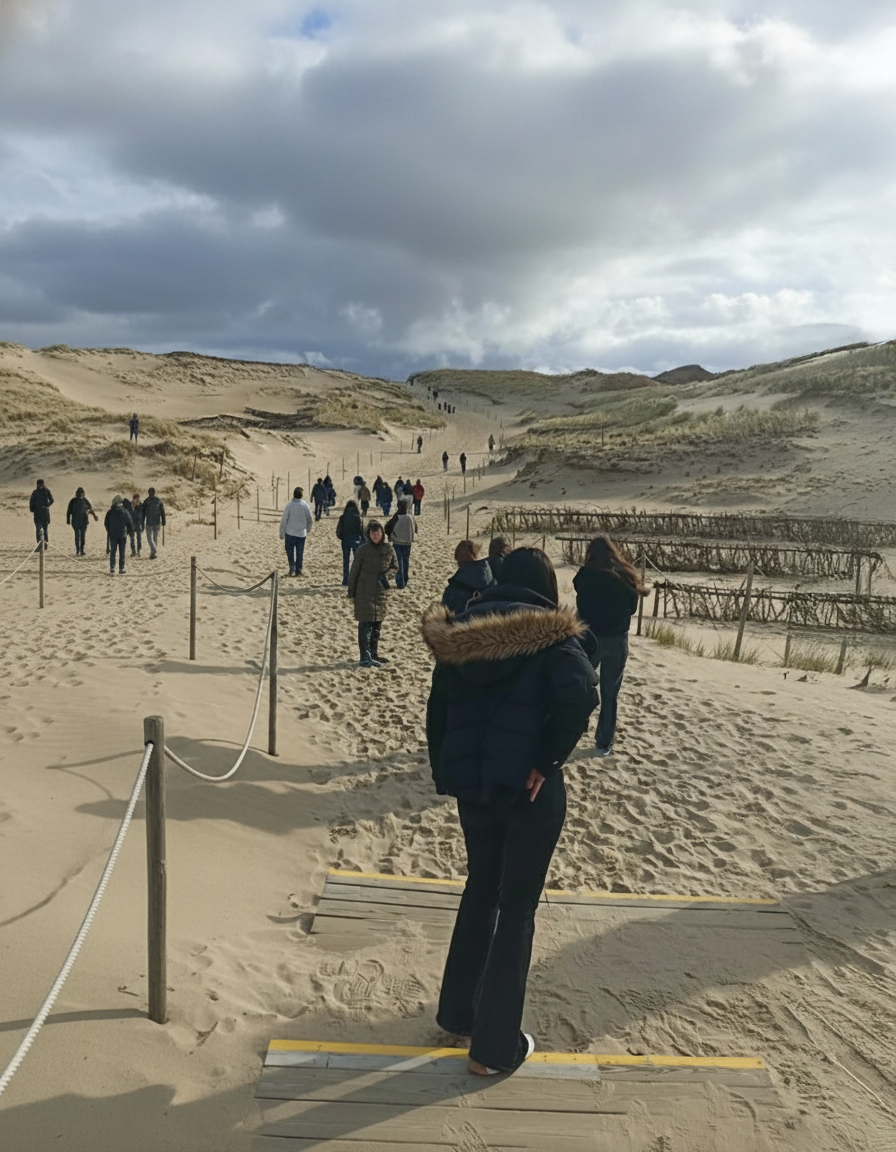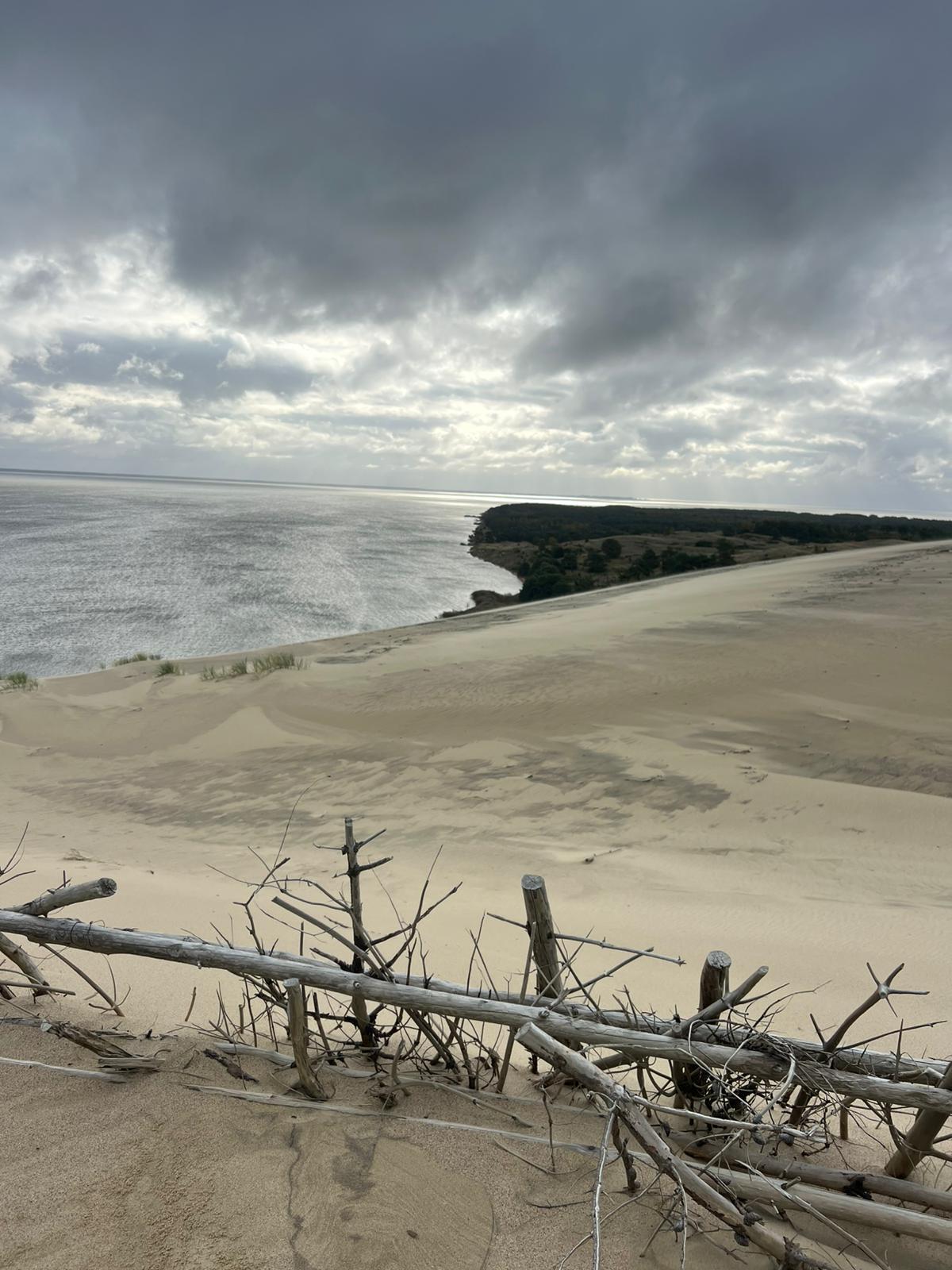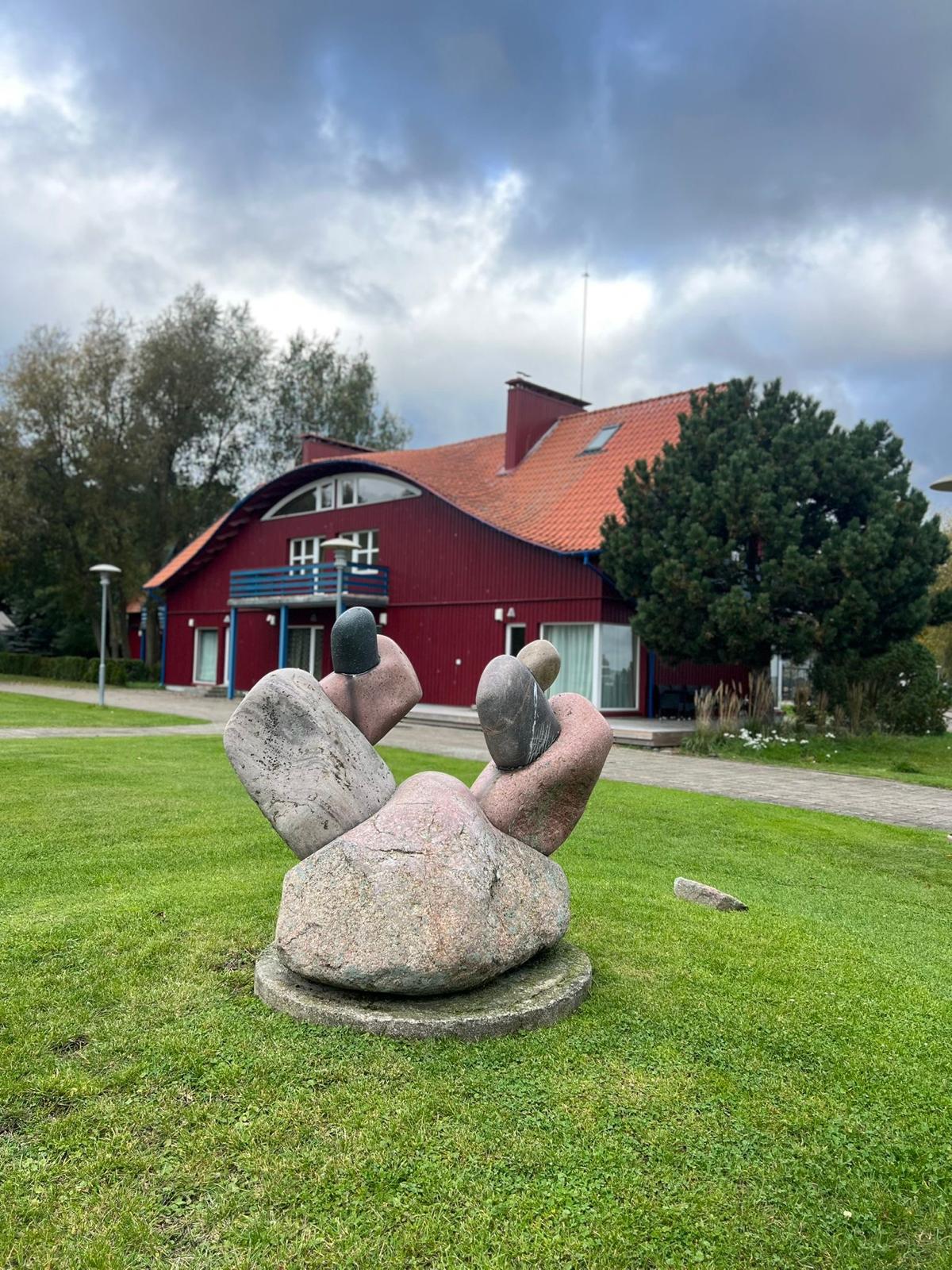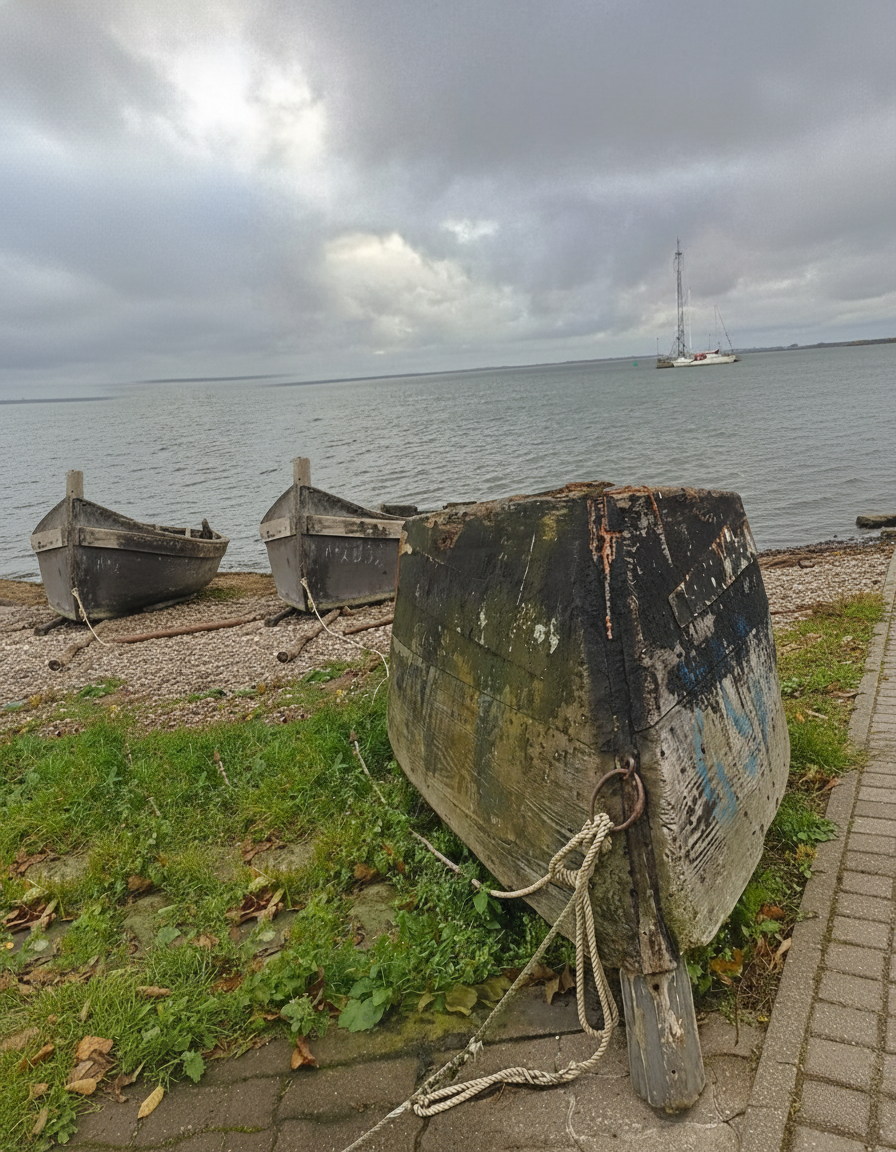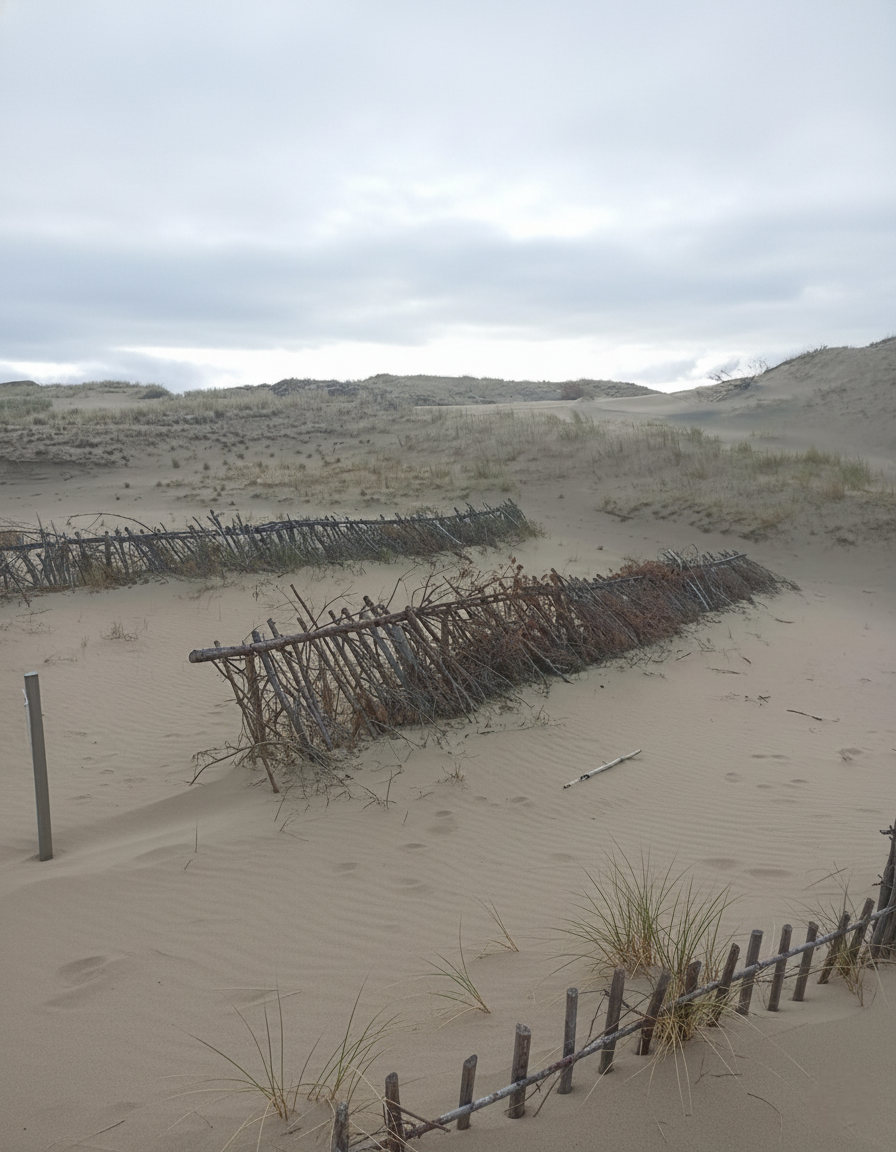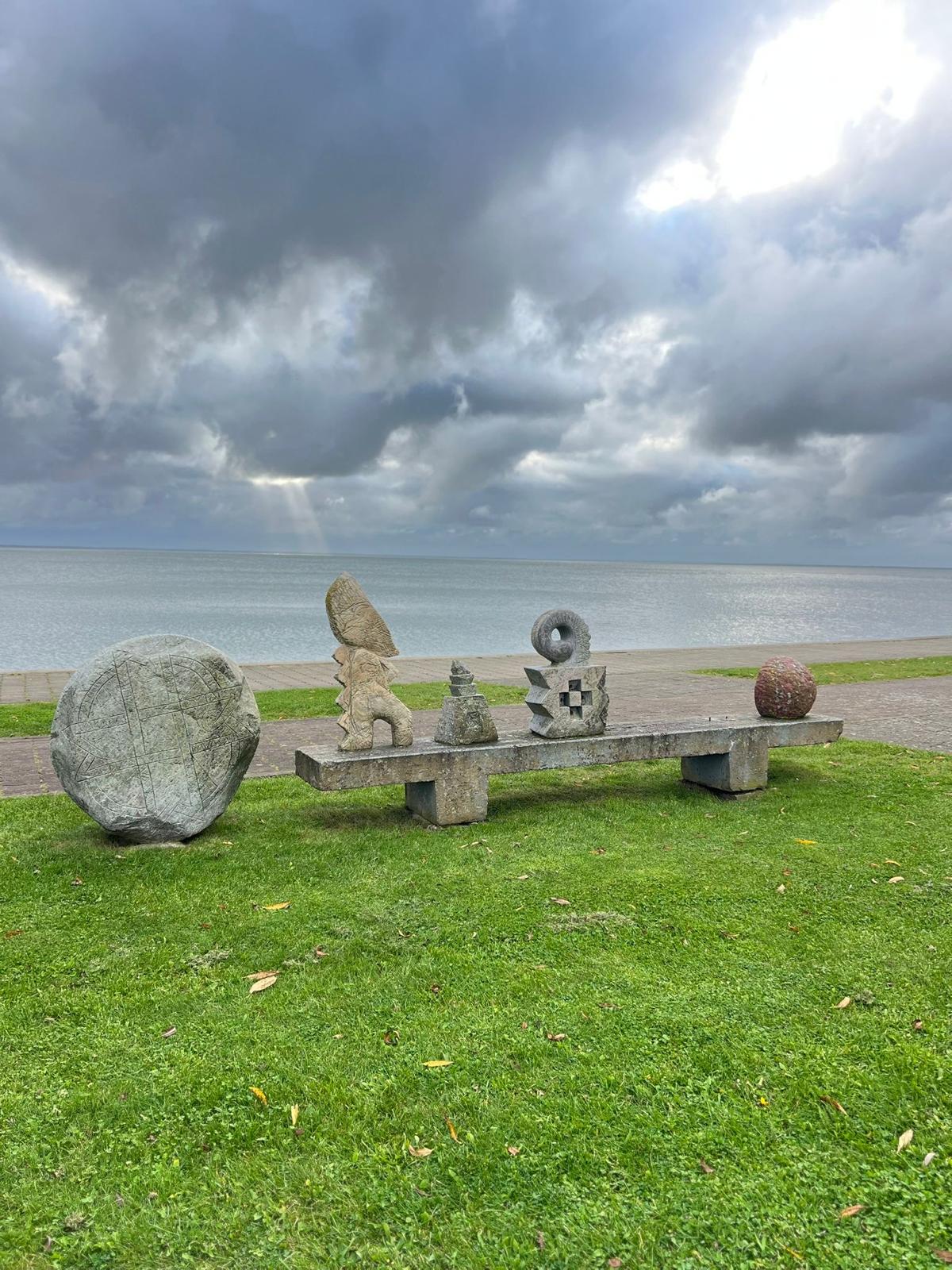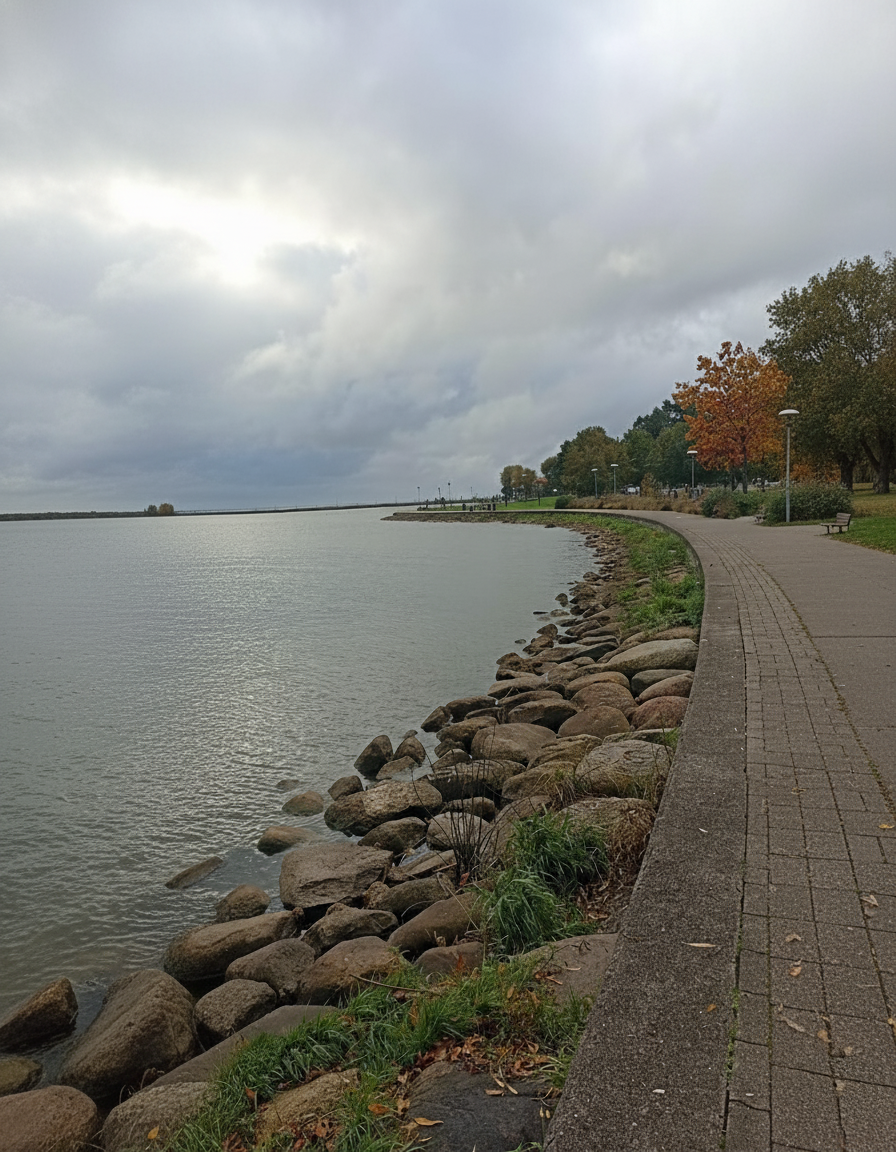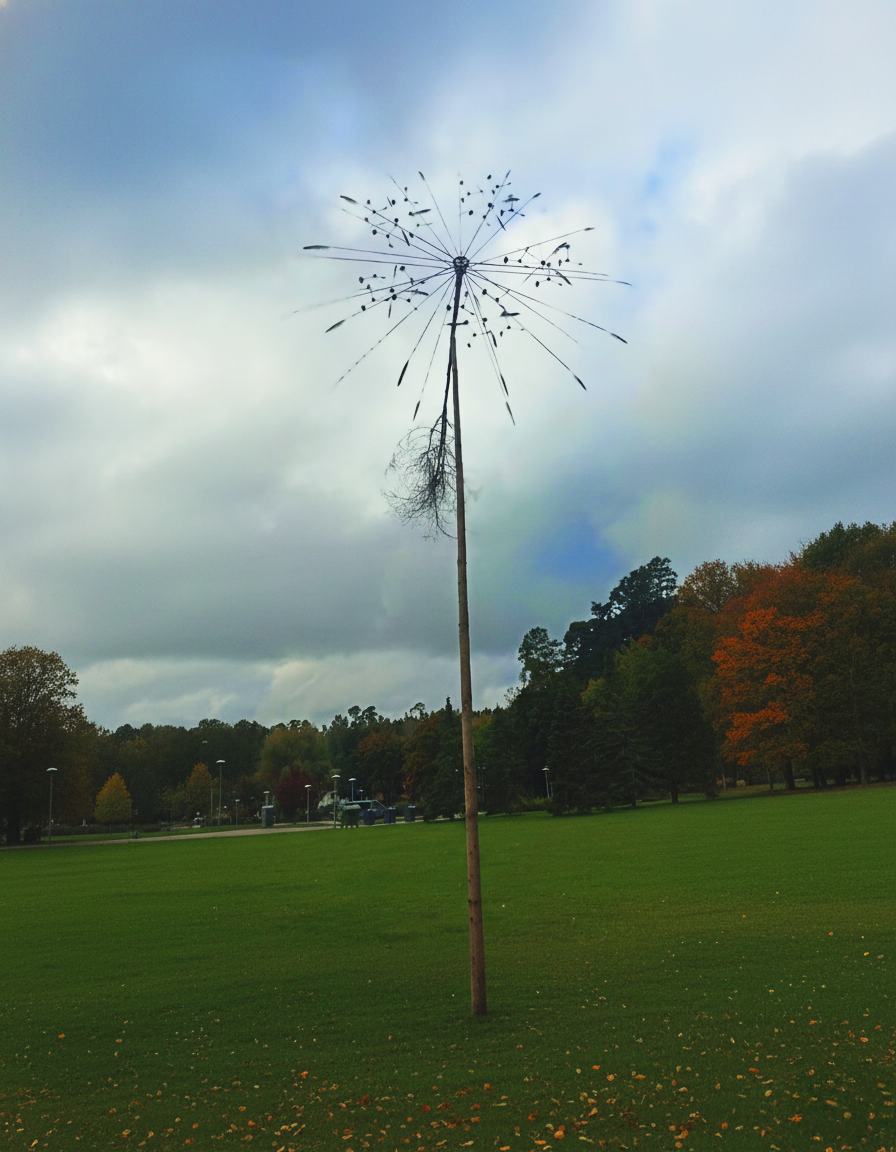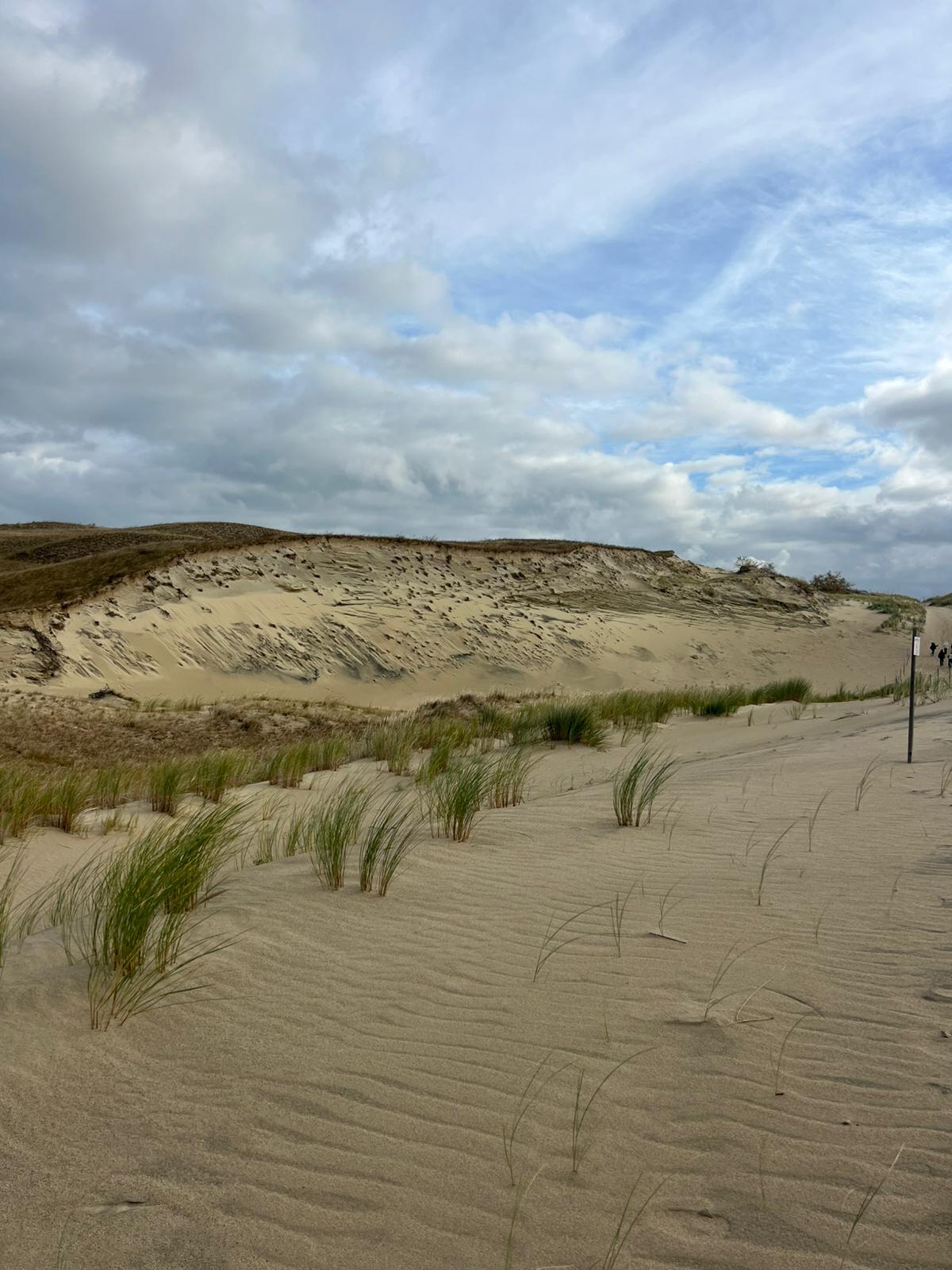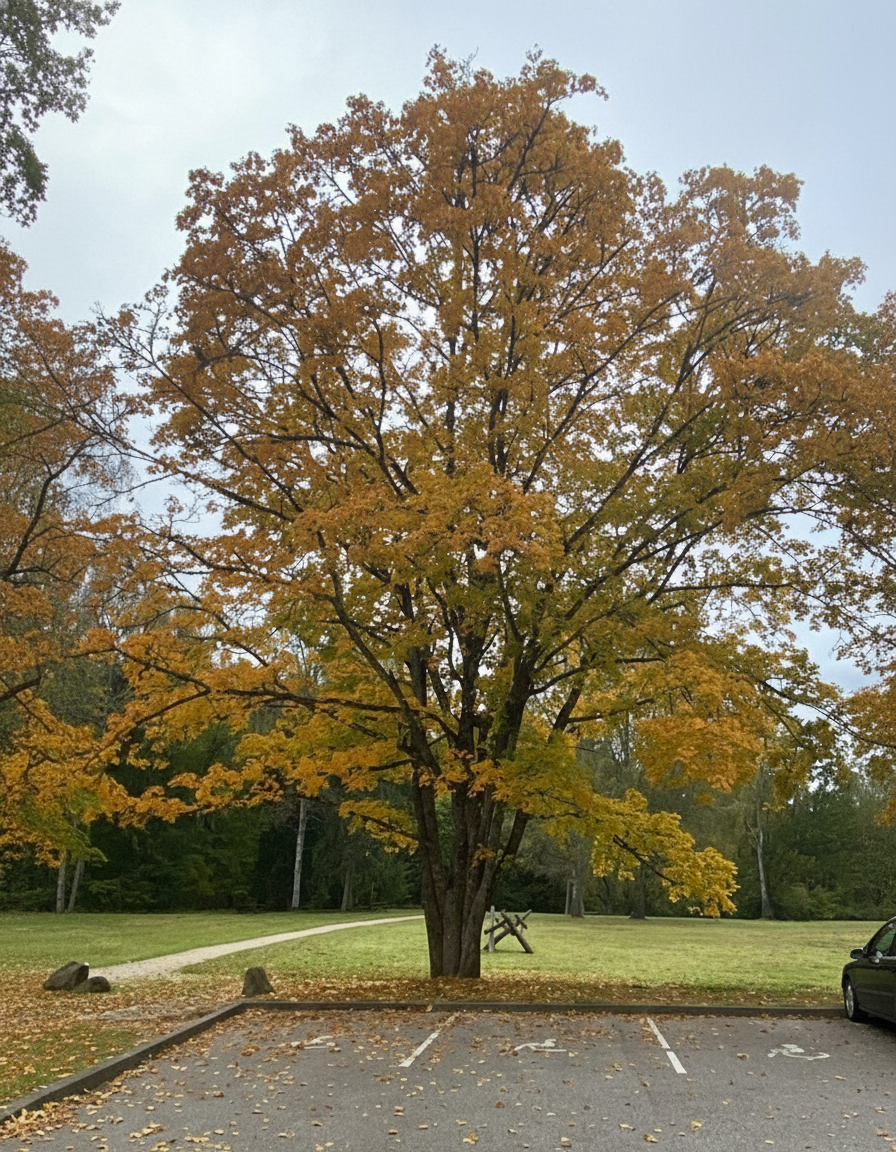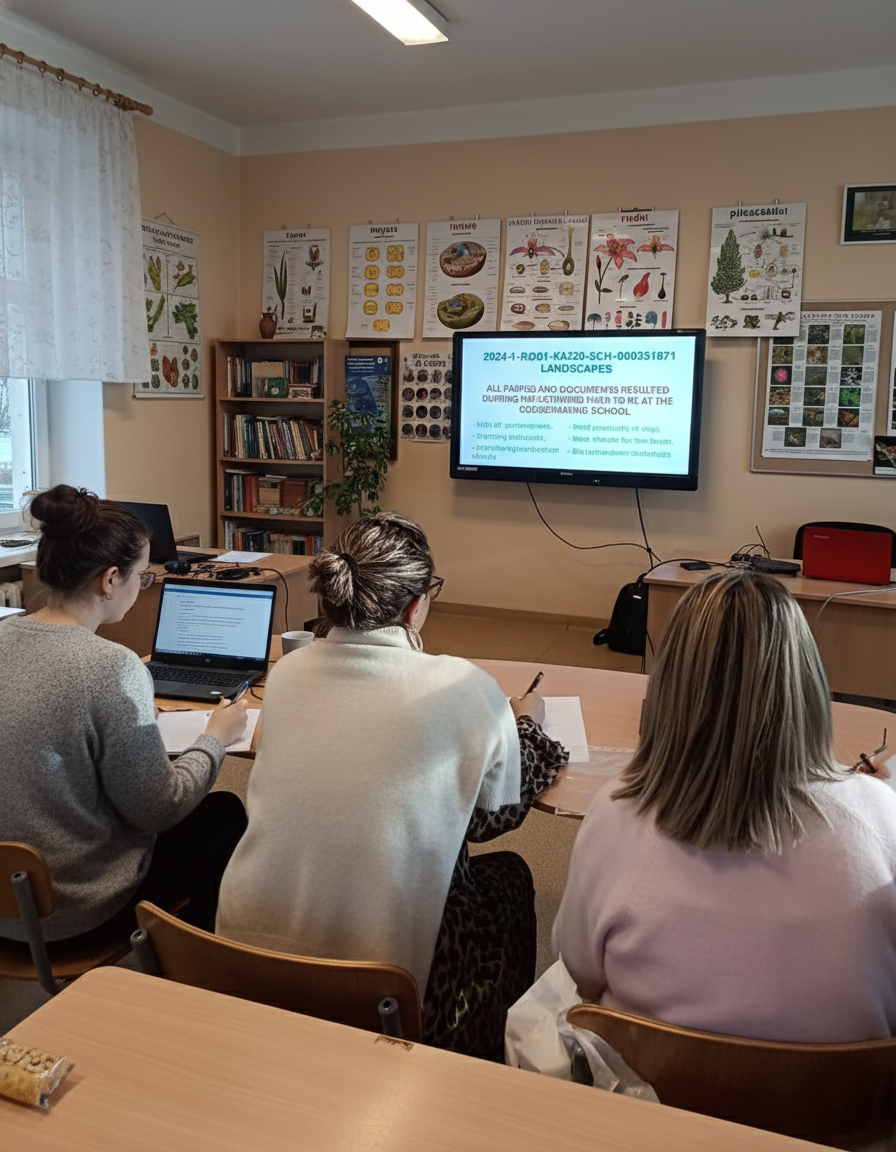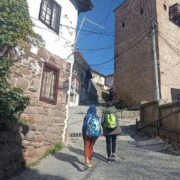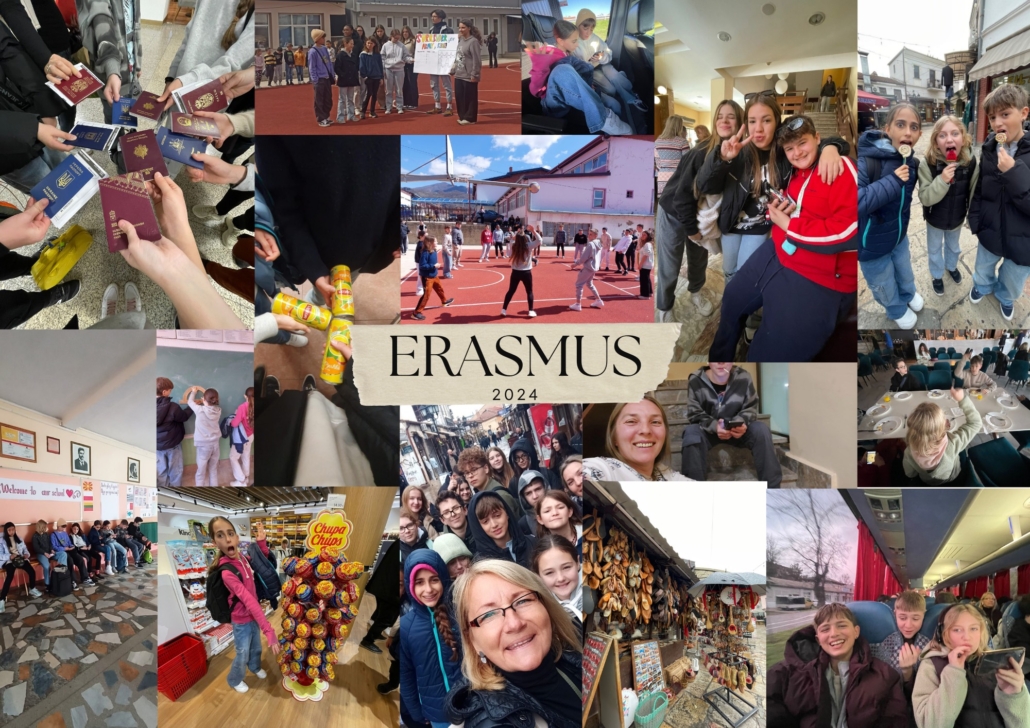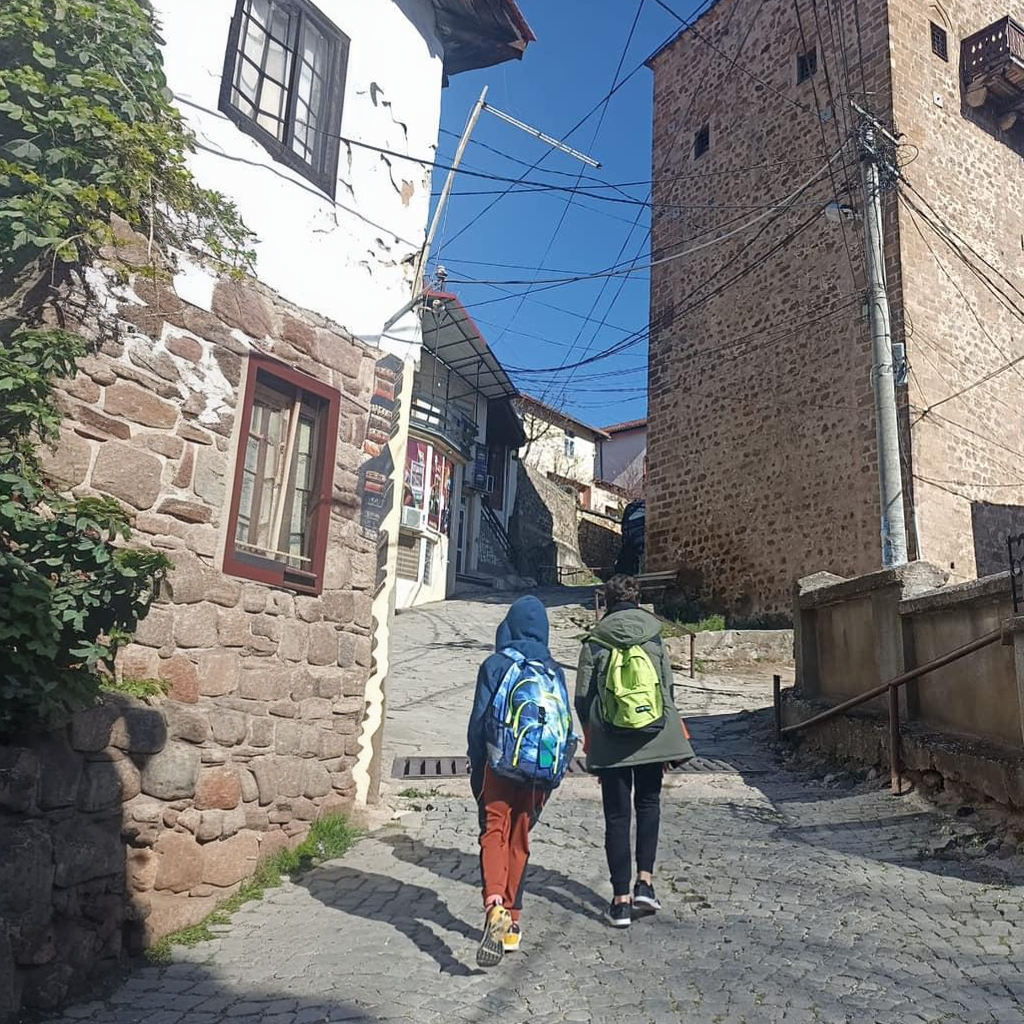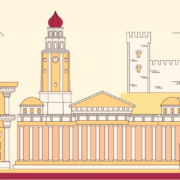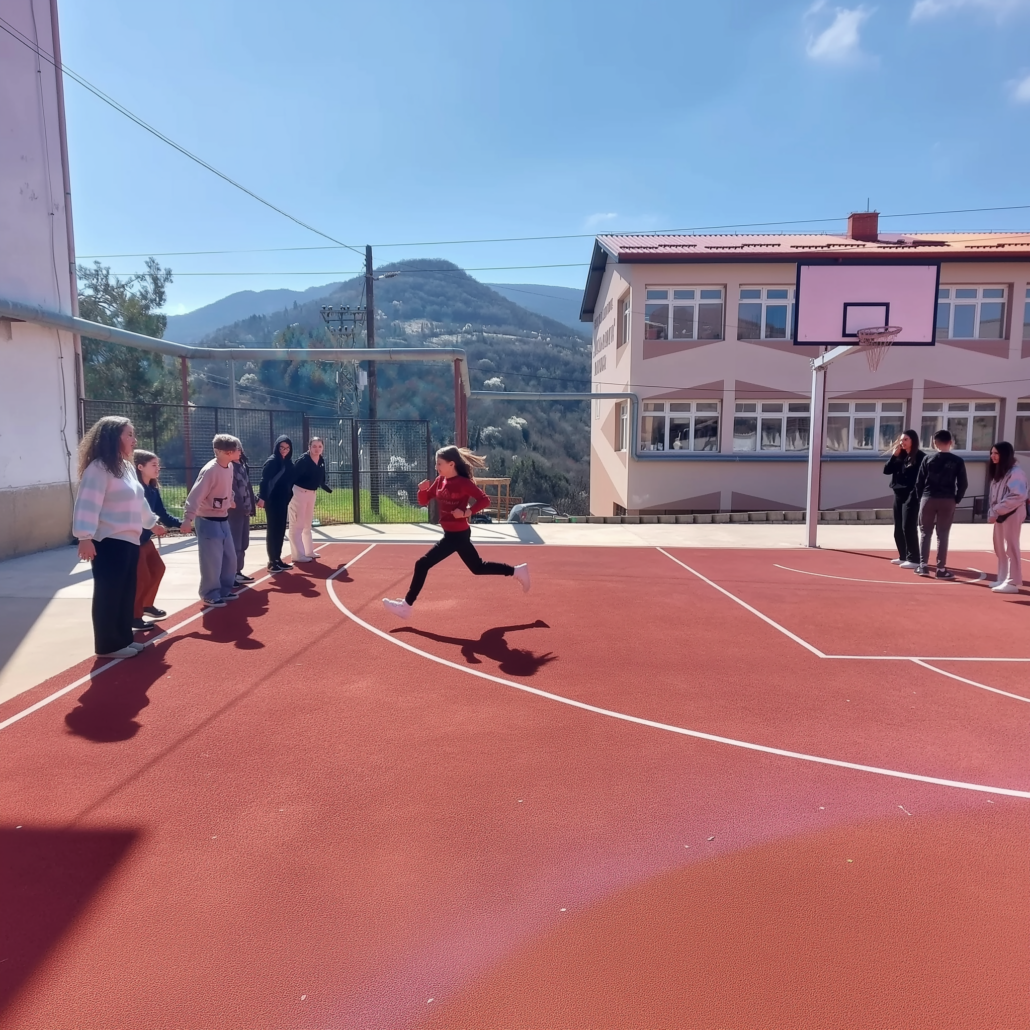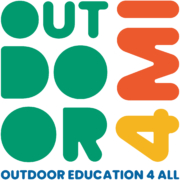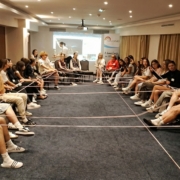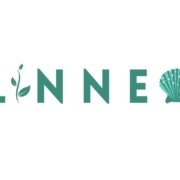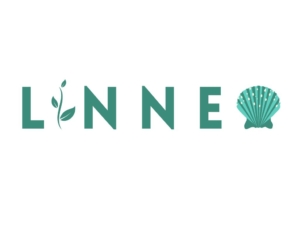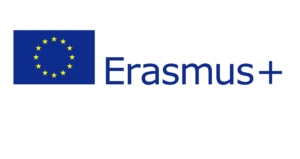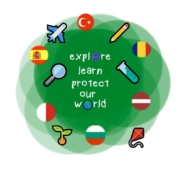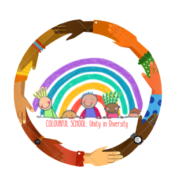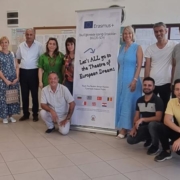Learning Through the Lens: Newark School’s Erasmus+ Exchange in Lithuania
From the 8th to the 12th of October 2025, a delegation of Newark School Malta students and teachers embarked on an inspiring Erasmus+ exchange week, graciously hosted by the Troškūnai Kazys Inčiūra Gymnasium in Lithuania. This trip stands as a powerful example of the school’s commitment to fostering a global perspective and providing learning opportunities far beyond the traditional classroom setting.
The exchange was built around a unique and challenging academic project: developing qualitative and quantitative criteria for landscape photography. This theme provided a perfect blend of art and science, requiring students to engage in deep analytical thinking. Through collaborative seminars, group discussions, and hands-on workshops, participants from both schools worked together, promoting creativity and strengthening their teamwork and communication skills.
The learning truly came to life during the practical fieldwork sessions. Students applied their new skills while exploring the stunning natural and cultural beauty of the Anykščiai Regional Park. The itinerary was packed with unforgettable educational experiences, including a breathtaking walk along the Treetop Walking Path, visits to observation towers overlooking Rubikiai Lake, and a major cultural excursion. This excursion took them to the coastal city of Klaipėda and the Curonian Spit, a UNESCO World Heritage site famed for its dramatic sand dunes and unique ecosystem.
This programme perfectly embodies Newark School’s commitment to a holistic education that balances academic rigor with real-world experience. These Erasmus+ projects are a cornerstone of our educational approach , designed to build independence, instil respect for diverse cultures, and forge lasting international friendships.
The exchange was an outstanding success, offering unforgettable cultural and educational moments. Our students return not only with new photography skills but with a deepened appreciation for nature, heritage, and the value of international collaboration.
